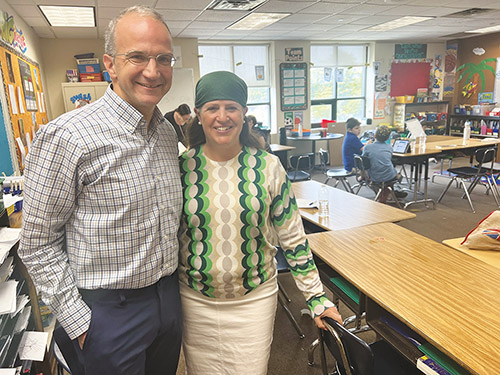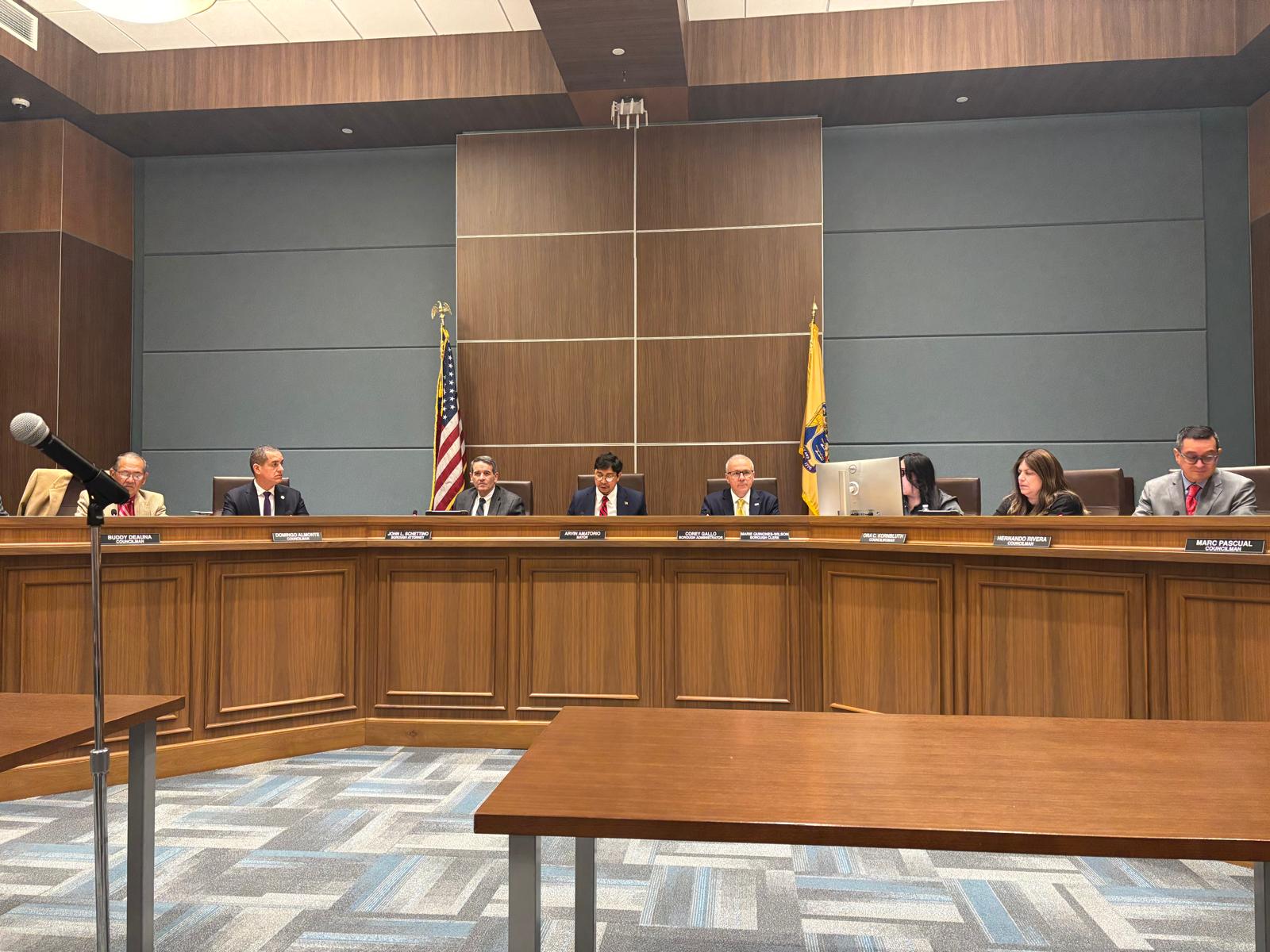
Every now and then, you have a meeting or experience that deeply transforms your perspective. Often, these moments offer tremendous opportunities for insight as they enrich and deepen our appreciation for the world in general and our personal communities in particular. Last Thursday, I was presented with just such a moment.
The place was Yeshivat Noam and the backdrop was a review of a 10-year investment in the school’s educational technology. Quite honestly, I thought I had a good sense of how technology has been impacting and influencing our children’s education, but hearing from the teachers and observing the sweet harmony of the classroom left with me a renewed and profound sense of hakarat hatov, appreciation, for our educators’ dedication on behalf of our children.
I hope through this personal reflection that we, as a community, can have a greater awareness of our teachers and make efforts to tangibly express our gratitude to these uncelebrated heroes.
To start with, the modern classroom is a sight to behold. I am not referencing the education of my youth, or even my children’s. Rather, the changes over just the past few years are real and meaningful. The seamless choreography of a first- and second-grade classroom, for example, is remarkable in its order and precision. Each child benefits from an engaging curriculum, quite literally tailored to their individual talents and skills. Their daily school experience weaves together a healthy balance of teacher engagement and technological programs, all within the construct of a school culture that values Torah and middot.
These online teaching and assessment programs like Lexia, Achieve 2000, Reflex math, Newsela, MAP and more, provide the teachers with access to an impressive amount of diagnostic data in math, decoding, fluency and comprehension. This is used to supplement the teachers’ intuitive awareness of their students. Armed with these empirical tools, teachers are able to organically evolve their lessons for each student and drive towards maximizing their academic potential. Moreover, the parent/teacher dialogue is enhanced through specific feedback, which better informs them of their child’s strengths and opportunities. Importantly, these assessments are available on a real-time basis and offer a detailed view of each child’s academic progress. Remedial and enrichment opportunities can be efficiently tailored and contoured to the benefit of each student. The result is a more engaged and successful student, with the ensuing benefit of improved social and emotional well-being.
As much as the technology enables, it is the passion and commitment of the teachers that makes it relevant. In the information age, we intuitively know that data is important, even critical, in driving desired outcomes, yet, oftentimes, it is not utilized. There might be no system in place, poor analytical skills or even worse, general apathy towards the outputs. It takes effort and desire to harness data in order to leverage its benefits. Fortunately for all of us, our teachers are driven to avail themselves of all the tools at their disposal on behalf of their students.
Critically, you can’t fake it. Having spent a number of years in the financial services industry, I have experienced and witnessed firsthand the visceral feeling traders get when they receive their daily profit and loss (P&L) reports. A school is among the last places I would have expected to experience that same raw reflex. To hear teachers describe similar emotions when getting back educational data relating to their students’ progress was totally unexpected. I wish all parents could have seen the passion these educators exhibited. Their desire to see our kids succeed and their sophistication in creating an individualized educational experience is extraordinary.
While the external reaction may appear similar between receiving a daily P&L and a student report, the source behind this emotion is something else entirely. Money motivates a trader, but what is motivating our teachers is the love and dedication they feel for their students. There is such a deep level of care concerning the best interests of our children, and we should all feel deeply indebted for the time, personalization, love and commitment our teachers show our children on a daily basis.
The Gemara in Shabbat 119b emphasizes that the path of Jewish history is inexorably linked to the Torah of tinokos shel beis rabban and the essential role Jewish education plays in shaping our ultimate destiny. We are privileged to live in a time and place with so many quality yeshivot and incredibly dedicated educators. But with fewer and fewer teachers entering the field, we cannot and should not take our teachers for granted. Let us resolve to deeply reflect on the ongoing gift of our children’s education and redouble our efforts to demonstrate our hakarat hatov, deep appreciation, to the individuals who help make it happen.
By Avi Katz













